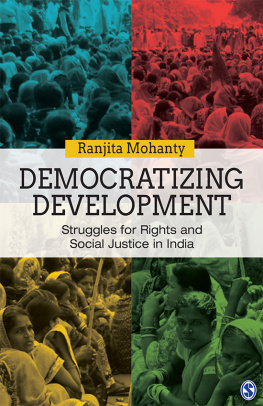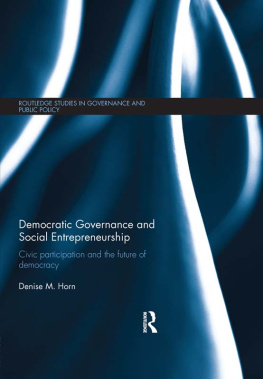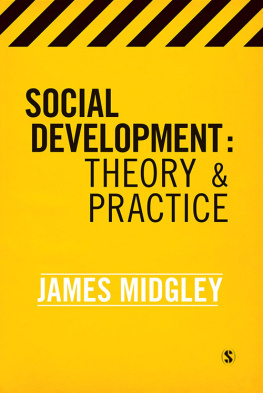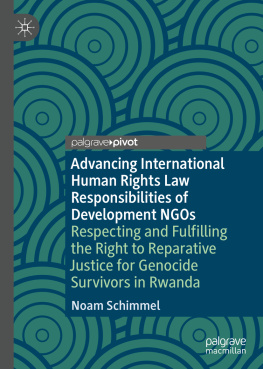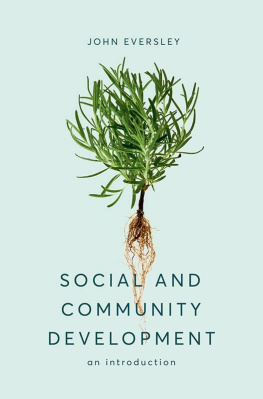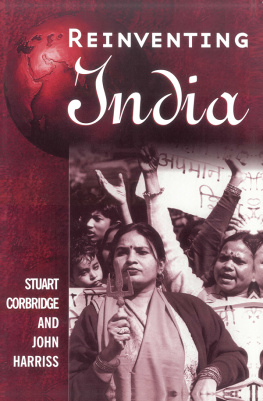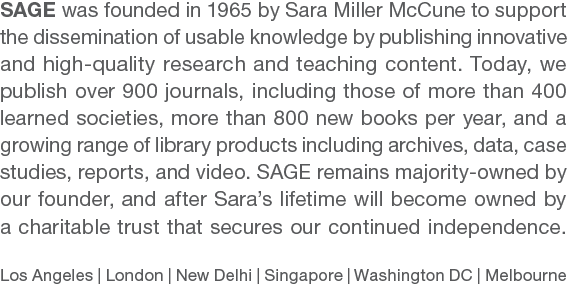All rights reserved. No part of this book may be reproduced or utilized in any form or by any means, electronic or mechanical, including photocopying, recording, or by any information storage or retrieval system, without permission in writing from the publisher.
Published by Vivek Mehra for SAGE Publications India Pvt Ltd, typeset in 10/1 2.5 pt ITC Stone Serif by Zaza Eunice, Hosur, Tamil Nadu, India and printed at Chaman Enterprises, New Delhi .
SAGE Team: Rajesh Dey , Guneet Kaur Gulati , Kumar Indra Mishra and Rajinder Kaur .
Thank you for choosing a SAGE product!
If you have any comment, observation or feedback,
I would like to personally hear from you.
Please write to m e at
Vivek Mehra, Managing Director and CEO, SAGE India.
Bulk Sales
SAGE India offers special discounts
for purchase of books in bulk.
We also make available special imprints
and excerpts from our books on demand.
For orders a nd enquiries, write to us at
Marketing Department
SAGE Publications India Pvt Ltd
B1/I-1, Mohan Cooperative Industrial Area
Mathura Road, Post Bag 7
New Delhi 110044, India
E-mail us at
Get to know more about SAGE
Be invited to SAGE events, get on our mailing list.
Write today to
This book is also available as an e-book.
Contents
The normative idea of progress on which development is fashioned gets vitiated by the power and politics associated with development. The control and distribution of resources, competition among social powers, state intervention and global forces create enclaves of inequality and exclusion. How the poor and socially marginalized, through their struggle for rights and social justice, create conditions for participation, redistribution, equity, equality and inclusion is what this book offers.
The book is positioned in the historical framework of development that India adopted soon after independence from colonial rule. The successive shifts, notwithstanding the framework, have retained, until recently, the core principles of economic development with social justice and the state as the guarantor of development. Even when neoliberal growth projects are pursued ruthlessly, the welfare and social protection projects are not abandoned. The framework has created aspiration, shaped imagination and influenced peoples struggles for the democratization of development, even though it has exploited and excluded them. This book shows, when people engage in social struggles to democratize development, they also expand the framework by accepting the desirable and rejecting the undesirable, as well as by providing alternative visions and practices.
The book is set in the Indian villages and contains my research conducted over the last 20 years. Some of my works included in the book were published earlier. I have reworked on them to bring under the theme of the book.
While writing this book, I was struck not only by the complexity of development as it manifests in the Indian villages but also by the complex machinery that works or does not work to deliver development. That the poor, uneducated, socially oppressed and powerless question development shows not only their courage, determination and endurance, but it also shows how the encounter with development has made such struggles an essential part of their living.
Ranjita Mohanty
2 January 2018
It is difficult to acknowledge the diverse ways in which so many people over so many years have contributed to make this book possible. I can never thank them enough. I take this occasion to let them know that they have been part of the making of the book.
I had started putting together ideas for this book during my Fulbright year, 200607, I spent at the Anthropology Department, University of North Carolina, USA. I am most thankful to Arturo Escobar for clarity, critical ideas and much needed inspiration. The book wouldnt have been possible without him.
are based on studies conducted as part of a multi-country research projectthe Development Research Centre on Citizenship, Participation and Accountability. I am very thankful to Rajesh Tandon, John Gaventa, Andrea Cornwall, Vera Coelho, Lisa Thompson, Steven Robins, Joanna Wheeler, Mandakini Pant, Bettina von Lieres and others who commented on drafts and with whom I had an opportunity to discuss in workshops. The studies would not have been complete without two people, Ganga Joshi and Tapas Satpathy. They were my constant companions in the field and from whose work in the villages of Uttarakhand and Gujarat I gathered some of the key learnings in social mobilization. Thanks for being with me in work and in leisure.
For , I am most thankful to Gaya Prasad Gopal and Bhagwat Prasad of Akhil Bharatiya Samaj Seva Sansthan, Chitrakoot. I visited the area in 2008. They not only took me to the villages where I had a chance to know about the land rights struggle of the Kol Tribe but also were most helpful in providing many details during subsequent discussions in person and on phone.
The interactions held during fieldwork and conducting workshops, besides many informal conversations, generated ideas that have gone into the book. Space is a limiting factor in naming people individually. Herein I extend thanks to all.
Outside the boundary of work, family and friends have encouraged, indulged, arranged lunches and coffees, skyped from long distances. All of you must know that you have been invaluable.
Last but not the least, my thanks to the editors at SAGE for taking this work forward from the manuscript to a printed volume.
Democratizing Development
Issues and Actors
Development was the most enchanting leap of the 20th century that human imagination could take towards the future of mankind. Development as an idea of progress and as a force of modernization promised to take societies from the state of backwardness to progress that involved progress from poverty to prosperity, from disease to health, from illiteracy to literacy and from cultural conservatism to modernity. This transformation called for economic and production systems to be rearranged to maximize economic growth. It was believed that enlarging the size of the economic pie would lead to common prosperity. It was believed that much in the same way as economy could be planned, cultural modernization could also be planned through expert intervention. It was impossible not to get attracted to this model proposed by development.

